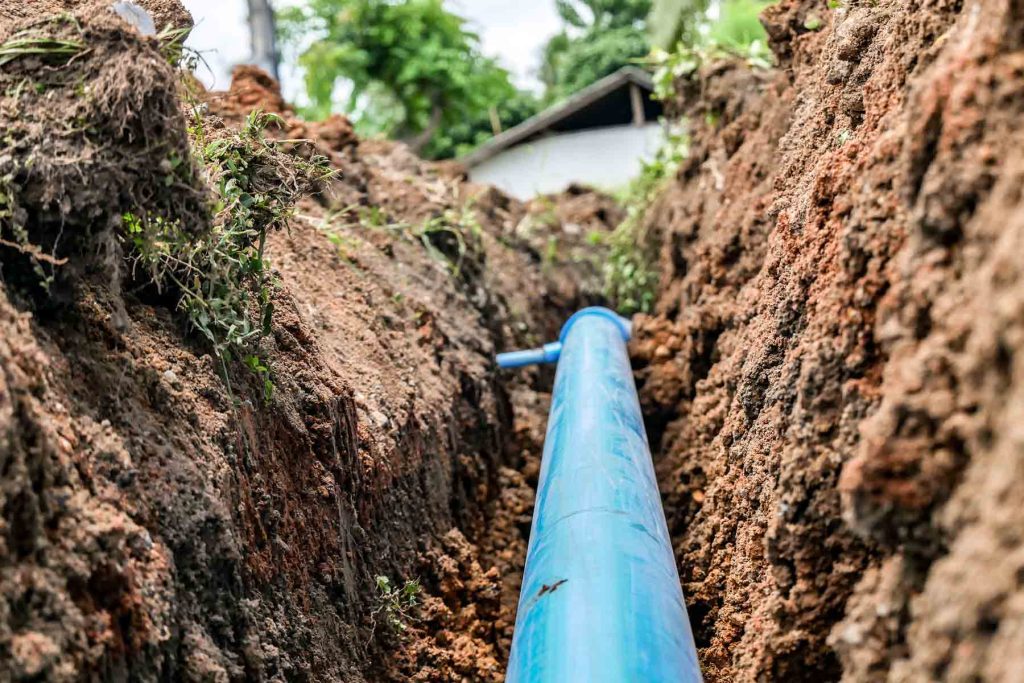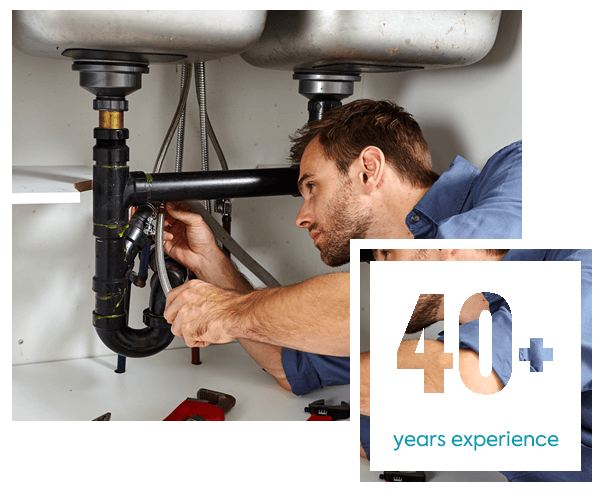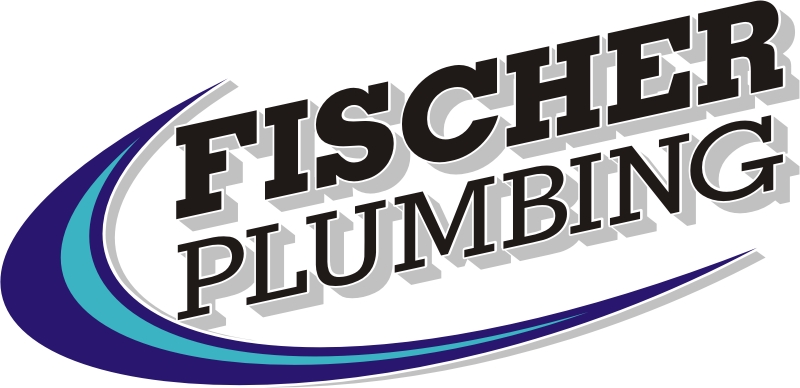
Water Main Installation
The main water line is the pipe running underground your property supplies to the smaller water pipes. If the main water line is damaged, it can cause severe damage to the property’s structure.
Let’s say you are renovating and need to add a new kitchen or a bathroom to the structure. In this case, you’re more likely to have to google “water line installation near me”. In addition, if the main pipe is damaged, it can cause issues like flooding in your house and swampy yard conditions.
Underground water line installation is a task that is best left to a professional main water line installation company. Such professional services can deal with installation, repair, and replacement. They will inspect the situation and give you details, such as the water line installation cost per foot.
Water Line Installations
Underground water line installation is an extensive process that involves certain steps. Let’s examine the steps and procedures involved in laying down a main water line installation.
Excavation
The first step is excavation, which involves digging a path in the ground to lay down the pipe. At this step, certain factors, such as ground frost and groundwater conditions, traffic load over the ground above the pipe, pipe size, soil type, depth of conflicting utility lines, etc., have to be taken into account.
Expert water main installation services have trained professionals who understand that these factors have to be considered and do the job accordingly.
Trench Depth
The trench depth is the narrow excavation below the ground, depending on pipe size, soil, traffic, temperature, etc. The minimum depth to protect the pipe against temperature-related elements differs depending on hot and cold regions.
Bedding
Bedding involves leveling and preparing the ground for the PVC pipes. Bedding consists of leveling the bottom of the trench for proper and full-length support for the pipe. Expert teams use leveling boards to ensure no voids or high spots.
If the natural conditions do not allow for proper bedding, other measures can be taken, such as digging deeper. The haunching process is also used by professionals to place bedding material around the pipe’s haunch to increase the pipe’s load-bearing capacity.
Laying Pipe
Once the bedding is done, and the trench is prepared. It is time to lay the pipe. Before this can be done, there are specific steps taken by professional main water line installation services, including inspecting the pipe for damage and cleaning any debris or any other kind of dirt through a hypo chloride solution.
The best and most expert way to place the pipe is to lay it on the ground by hand or mechanically, and the pipe should be supported in the middle through a sling. Installation teams do this while also ensuring that the pipe remains clean from the inside.
Joining Pipe
The next step in a new water main installation process is joining the pipe, and this is a critical step that must be done correctly to avoid any major leaks in the future (often, there are difficulties in detecting and stopping the water). The joining method depends on the material of the pipe and the type of joints.
Appropriately sized bell holes must be dug by hand at the place where the pipes are to be joined. The size of the bell hole will depend on the type of pipe and joint.
Push On Joints
Here is how ductile iron or PVC pipe push-on joints are made:
Connecting To Existing Main Pipes
Once the main water line is laid down – it has to be connected to the existing main lines, and there are two ways to do this:
Tee Connections
For this method, the main water supply has to be shut off, which means there will be no water supply in the property during this time.
Pressure Taps
The pressure tap technique is used more widely by expert main water line installation services due to the advantages it offers. These benefits include no downtime for the customers, less probability of water contamination, and no water loss, etc. The following steps are involved in this method:
Water Main Installation
Water main installation is a process that cannot be done without a professional and expert installation team involved. Certain benefits are associated with hiring an experienced team to a main water line installation.
Experienced Teams
Companies that specialize in water line installation services have experienced team members with years of experience installing water main lines. These teams are swift and equipped with the training required to install your main water line without errors.
Swift Assistance
When you need to install a new water line, you need a service that is quick in their response and efficient in getting the line installed and running so there is minimal downtime, and your plumbing is up and running in no time. Local services can be at your site, and the process can be executed on time.
Professional Equipment
Certain materials and machinery are required to lay down your main pipe properly. An excellent local service has access to these tools and equipment and experts who can use them.
Water Main Installation Cost
As you can see the price for water line installation is influenced by various factors, including project scope, material choices, and reputable local plumbers. Locating local contractors is crucial for a timely response and cost-effective solutions. Fisher Plumber provides top-notch services with transparent pricing. Our experienced team ensures efficient and reliable installations, utilizing quality materials.

Providing You With The Best Plumbing Service
Fischer Plumbing & Drain Cleaning offers various residential repair and maintenance services. Our expert team of professionals can diagnose and support with plumbing, boiler servicing, drain cleaning, home restoration, heating repairs, air conditioning, electrical work, and more. Whether you’re looking to install a new tap in your bathroom or require expert support with remodeling your entire kitchen, there is no project too big or too small for the Fischer masters. We promise quality workmanship, effective solutions, and professional service quality for every client, every job, and every home. Call us today at 206-783-4129.
WE'RE THE RIGHT CHOICE





FREQUENTLY ASKED QUESTIONS
Most homeowners pay between $612 and $2,367 for a main line installation. The per-foot cost is between $50 and $250 and depends on factors such as material, accessibility, length, and depth.
Water main line installation is a complex process that involves connecting new lines to existing ones. Unless you are an expert in this field, it is best to hire a professional water main line installation service.
Trenchless replacement takes a few hours. However, if you can’t take this route, the other method, which involves digging, can last up to two days.
The material used for a water main pipe can vary, but commonly used options include plastic piping, PVC, copper, and PEX (cross-linked polyethylene). Each material has its advantages, with PEX being a popular choice due to its flexibility, durability, and resistance to corrosion.
The depth of a main water line depends on factors such as local regulations and climate. Generally, water mains are buried at a depth ranging from 18 to 60 inches. In areas with freezing temperatures, the depth is often increased to prevent pipes from freezing and breaking.
The lifespan of main water pipes varies by material:
- Cast Iron and Ductile Iron: 75 to 100+ years.
- Galvanized Steel: 20 to 50 years.
- Concrete and Asbestos Cement: 50 to 70 years.
- PVC: 50-100 years.
- HDPE: 50 to 100 years.
